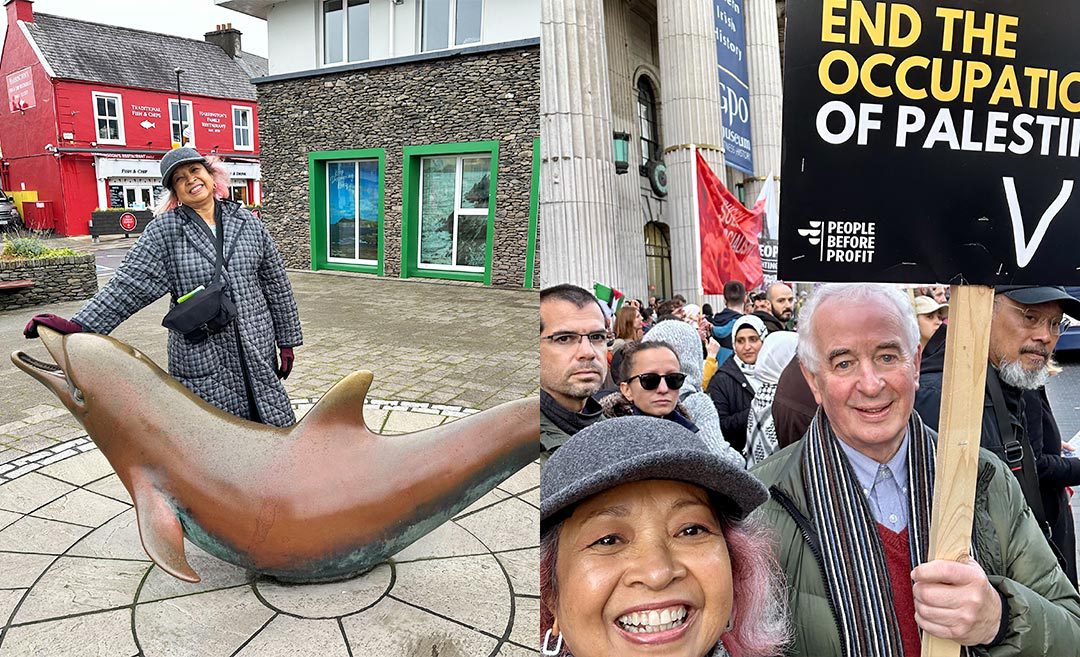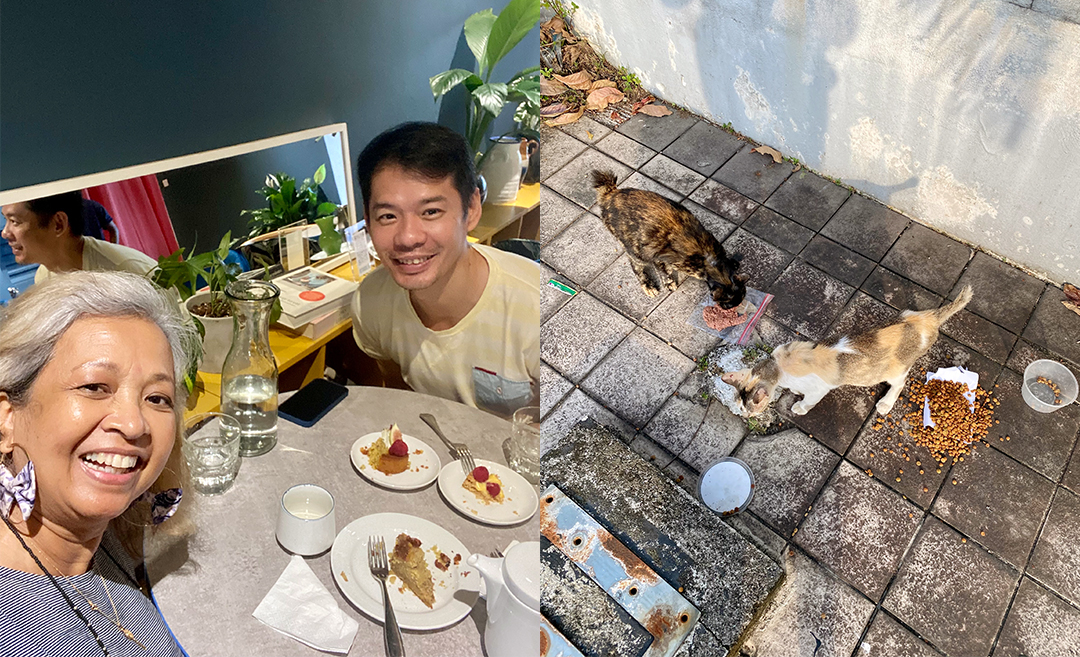Every year, for International Women’s Day, confusion arises. For the organisers of IWD, the theme this year is ‘Inspire Inclusion’. But for the United Nations, the theme is ‘Invest in Women: Accelerate Progress’.
For most women wanting to commemorate the day, they are unsure which organisation has more authority and, therefore, which theme to use. Let me make the choice for you: choose neither.
I’ll tell you why I have a problem with both themes. Let’s examine the first one, ‘Inspire Inclusion’.
I’m all for inclusion. In everything I do, I try to make sure that the people I work with are diverse. I try to include those from all walks of life, all ages, all sexes, creeds, and races. I’d be the first to admit this is not always easy because sometimes the folks you want to include, for various reasons of their own, don’t want to be. You can do your best to persuade them, but ultimately, it’s a choice that they make, and you just have to find some other way of including their point of view.
But most of all, inclusion must be meaningful. It’s not about taking a photo of a diverse group of people and then saying you’ve done it. It’s about acknowledging that everyone at the table has a valid viewpoint and must be listened to. There is no room for tokenism.
It’s also not merely about including people’s voices either; it is also about including all issues that affect women, whether it is about the right to bodily autonomy, to making their own choices in life, to decide for themselves whether to have children or not, to dress how they wish, and much much more. All these issues are often talked about every year. But the question is, are they talked about because they affect every woman on this earth or only some women?
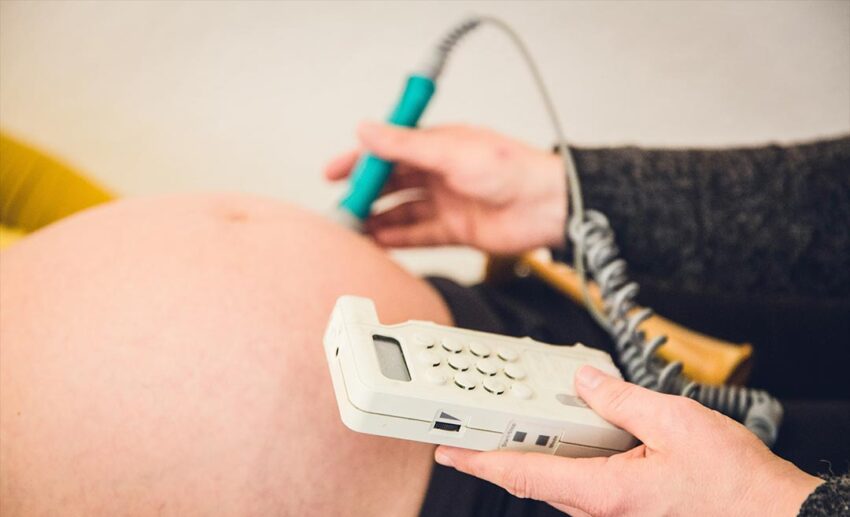
Women’s reproductive rights are under attack in the most advanced countries, including the United States. But for those of us in the Global South, our reproductive rights have always been challenged. Girls are still married off too young and do not have the education nor the power to decide when they will have babies, if they even want to. Very little effort is being made to protect young girls from too-early marriage, too-early childbirth, and everything else that goes with it, including the curtailment of education. Is this issue being included on the world stage?
Which brings us to the other theme, ‘Invest in Women: Accelerate Progress’. Yes, there has been progress; more girls are in school, in universities and in the workplace than ever before. But many more are still not. In South Asia, male and female students are at par in most countries. But in Afghanistan for example, only 44% of females complete secondary school. And that was before the Taliban took over again and banned girls from all education.
Even in middle-income Malaysia, in 2020, 21 women per 100,000 live births still die from pregnancy-related causes. Admittedly, it’s come down from 40 per 100,000 live births in 2000 but it’s still 21 too many. And when you think that nine out of every 1000 Malaysian girls aged 15 to 19 gave birth in 2021, those deaths are not surprising at all. That progress needs to be accelerated even faster if we want to save lives.
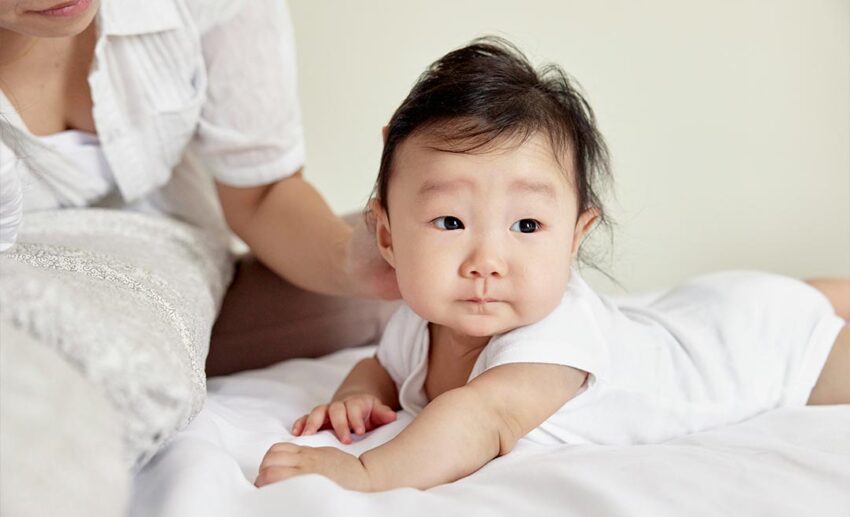
We talk a lot about gender equality and female empowerment but is this just lip service? Malaysian women have been fighting to have the same right as Malaysian men to pass their citizenship to their children, even if they are born overseas to foreign fathers. This has been an ongoing fight for several years and the Government has now said they will grant it. But at the same time, they want to take away protections enshrined in the Federal Constitution for stateless children. For example, it has always been the case that foundlings, or abandoned babies, are considered to automatically be Malaysian since there is no way of tracing their lineage. But the Government now wants to take this right away. Which begs the question: What nationality would these babies be, and if they are considered foreign, are they to be deported? Where to? Who is to care for them? It is the cruellest policy change anyone can imagine when babies cannot fight for themselves.
Finally, what I really find upsetting is the blatant double standards imposed globally on women based on where they come from. While Western feminists are busy trying to defend their reproductive rights, most of them have spared no thought whatsoever for Palestinian women, especially those in Gaza. According to the Lancet, a journal for medical professionals, 183 women are estimated to give birth daily in Gaza and about 15% are expected to need additional medical care because of pregnancy or birth-related complications. But there are no longer any functioning hospitals where they are. Women are giving birth in tents or on the streets and sometimes having caesarian without anaesthetic.
Yet do we hear global outrage and outcry from Western feminists? I’m pointing fingers at them because they are close to the centres of power and have the ability to pressure their governments to change the situation by calling for a ceasefire. But they are silent. As the genocide continues, more and more Gazan women are dying, if not from bombing, then from childbirth and related complications. There is no other word for it, if you are a woman, than shameful.
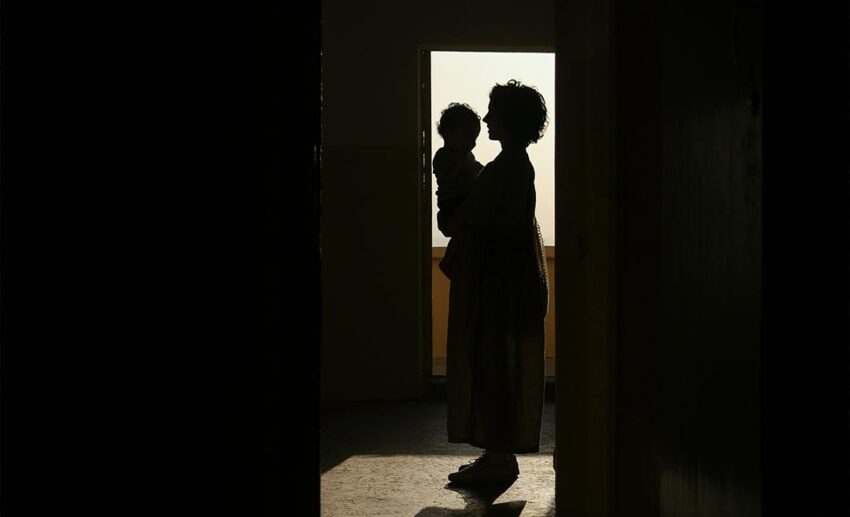
This is why neither theme is appropriate at this moment in time. To me, the most important theme should be Solidarity, with women undergoing oppression everywhere in the world, whether in Gaza, Sudan, Somalia, and also in the United States, where the poorest and most marginalised women will suffer the worst from repressive policies by their state governments. To quote Dr Martin Luther King, who surely would have sympathised, “An injustice anywhere is an injustice everywhere. We are caught in an inescapable network of mutuality, tied in a single garment of destiny.”
In other words, we need solidarity most of all—a thought for International Women’s Day this year.


